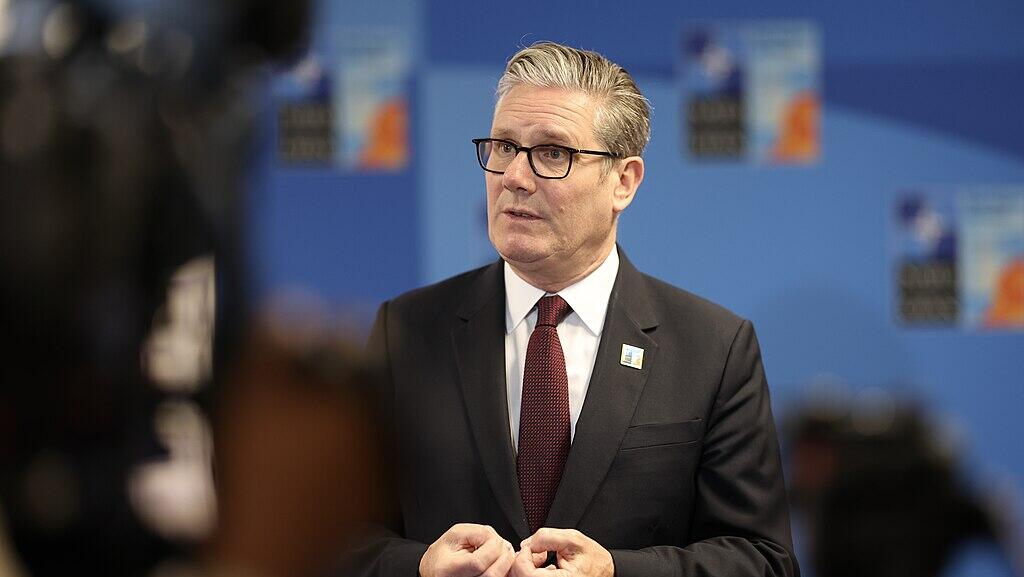The British government is lowering the voting age from 18 to 16 for the next national election, in a bid to increase voter participation.
This would be the largest change in voting since the United Kingdom became the world’s first major democracy, lowering the voting age from 21 to 18 in 1969.
The change would see the U.K. join countries like Austria, Argentina, Germany, which have already allowed 16 and 17-year-olds to vote.
In the U.K., 16-year-olds can already vote for representatives in parliaments and local councils in Scotland and Wales but not in England and Ireland.
U.K. Prime Minister Keir Starmer said the move would increase trust in democracy.
"They're old enough to go out to work, they're old enough to pay taxes … and I think if you pay in, you should have the opportunity to say what you want your money spent on, which way the government should go," Starmer told Britain's ITV News.
This comes as the U.K. experienced the lowest voter turnout since 2001 in 2024, with a turnout of around 60%.
Research has shown that first-time voters at the age of 16 and 17 can be more engaged and more likely to go to the polls than 18 to 20-year-old first-time voters.
"That's plausible when you think about 18-19-20 being a time when people move out of their family home, maybe start working, go to university. That's an extremely transient period in young people's lives," political sociologist at the University of Sheffield, Dr Christine Huebner, told the ABC.
"Voter turnout is an issue in the UK, and so we hope that that will go up and during the voting age to include 16 and 17-year-olds, especially when it is coupled with good civic education and support for young voters."
To allow younger voters to turn up, there will also be an expansion of acceptable IDs, with bank cards becoming a legitimate form of voter ID in Greater Britain.
Conservative spokesman on community matters, Paul Holmes, took issue with 16 and 17-year-olds being to vote and the changes to legitimate IDs.
"Sixteen-year-olds will be able to vote in an election but not stand as candidates, and they will be able to vote but not permitted to buy a lottery ticket, consume alcohol, marry, or go to war," Holmes told the House of Commons.
Other changes to elections will include improvements to postal voting and changes to party donations.
To fight interference, there will be stronger fines of up to £500,000 for those who break the rules and any false or misleading declaration will constitute a criminal offence.
There will also be tighter rules on political donations including checks on contributions of over £500 from unincorporated associations and closing loopholes used by shell companies.



